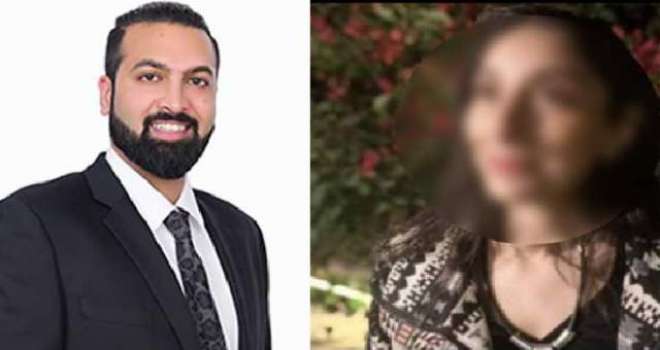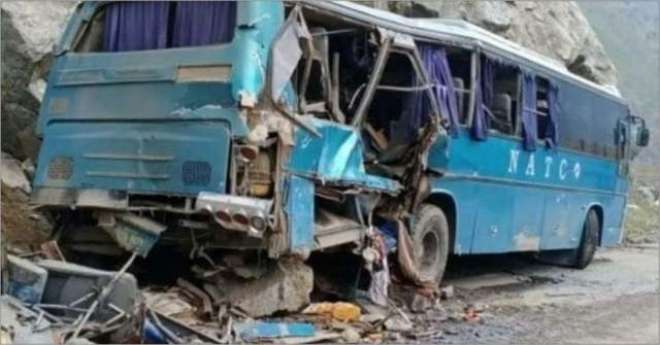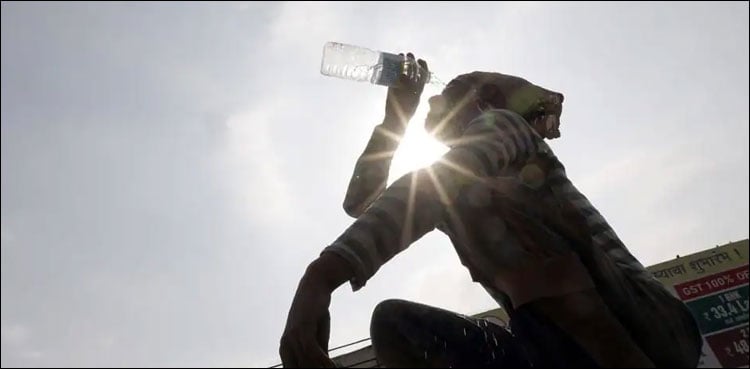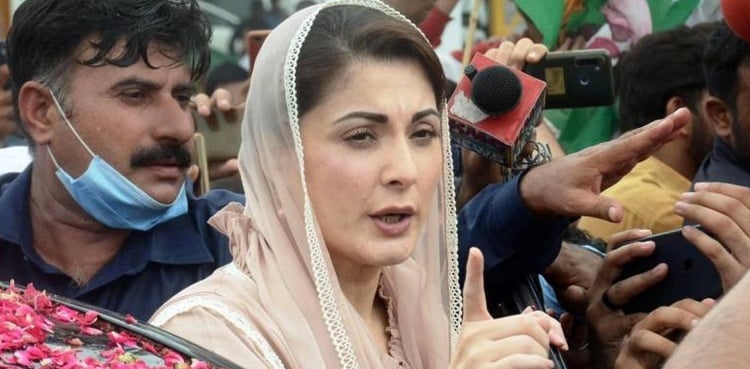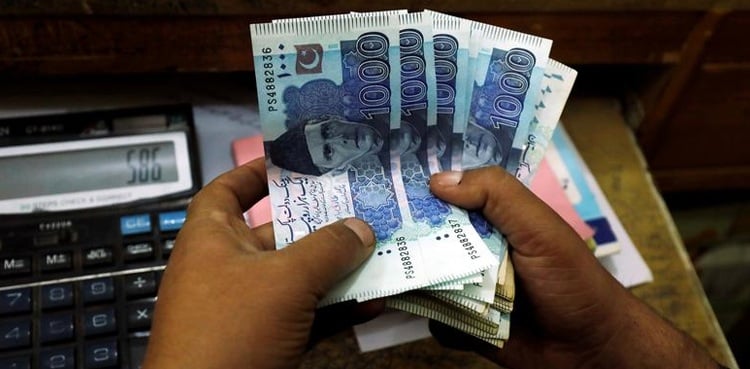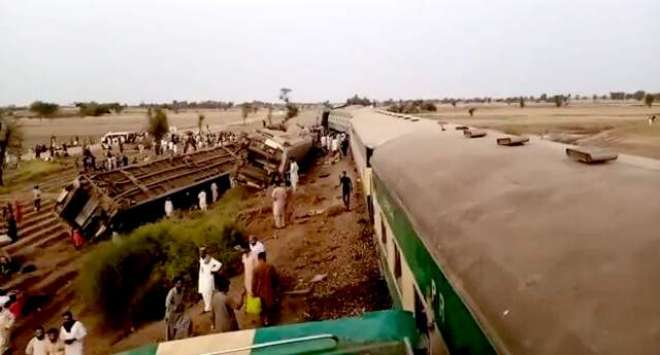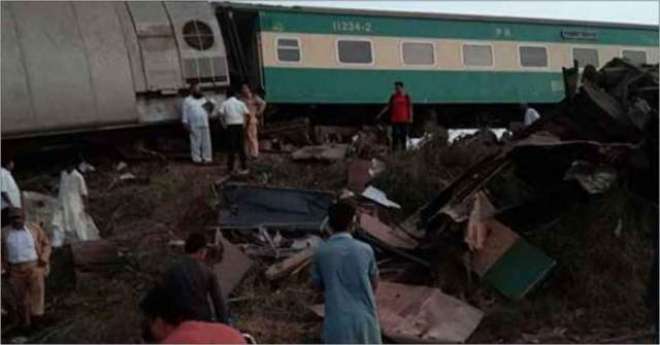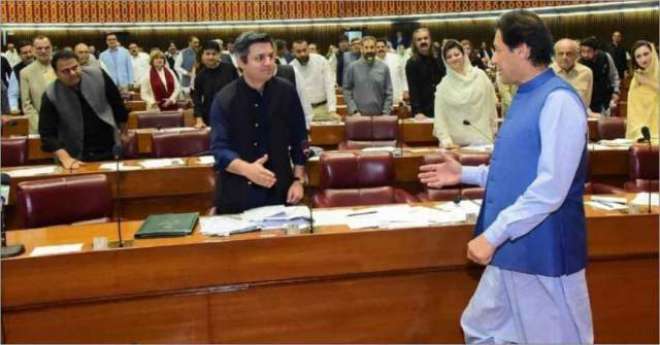Balochistan LG elections were systemically weaker than the general elections: DRI
- January 13, 2014, 7:31 pm
- Breaking News
- 246 Views
ISLAMABAD Jan 13 (Online): An Election Assessment Mission (EAM) by Democracy Reporting International (DRI) for the Balochistan local government elections, has identified problems in the legal framework and in practice.
It notes that “while the political desire of many stakeholders to hold these elections and the relatively peaceful election day process, are encouraging, the often preventable shortcomings show the need for election reform for the effective long-term functioning of this third tier of democratic government.â€
Excessive powers and discretion of the provincial government, late completion of delimitation, extreme inequality of the vote, non-availability of crucial information publicly were identified as problematic. The EAM notes that the official results information released on 9 January, only announces the winning candidate without giving a single figure.
Other issues highlighted include insufficient oversight by the Election Commission of Pakistan (ECP) and a lack of availability of some necessary election materials in time. Furthermore, there was a lack of scrutiny from the media, no observation by civil society, and an unclear system of dispute resolution.
The report was launched at a day- long seminar held in Quetta on Monday. This was attended by over 150 participants including members of provincial assembly, representatives of political parties, ECP staff, local government officials, media and civil society. A delegation of DRI also met with Balochistan Chief Minister Dr. Abdul Malik Baloch and presented a copy of the report to him. A similar seminar will also be held in Islamabad on Wednesday. DRI conducted the assessment under its European Union funded project supporting advocacy for electoral reform in Pakistan.
“These elections were held in difficult circumstances, but still many of the problems we saw could have been avoided. These problems were profound and multiple.†said Hannah Roberts who was the team leader of the EAM and also served as Deputy Chief Observer of the European Union Election Observation Mission to Pakistan for the 2013 and 2008 general elections.
The EAM gathered information and undertook analysis of compliance with Pakistan’s international law obligations to which the government of Pakistan has committed itself.
The EAM worked with a team in Quetta consisting of Pakistani and international experts, who held meetings in Quetta, and interviewed officials and candidate representatives from 20 districts, analysed the regulatory framework and followed the media coverage of elections.

